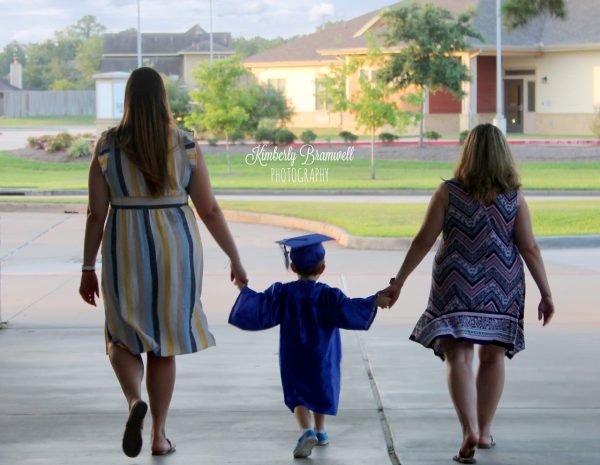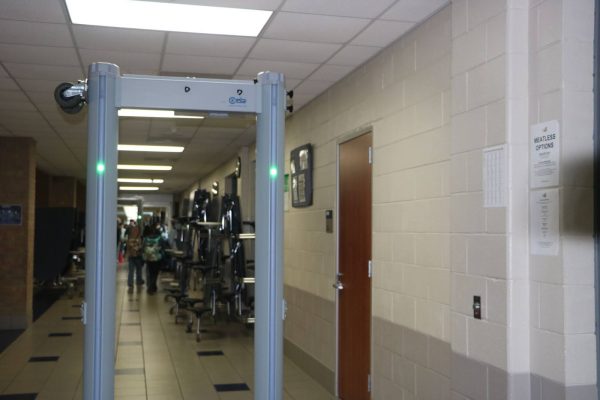Figuring out requirements for exemptions
Finals week – The week every student dreads the most before a long two-week break for the holidays in December. Not many students understand the full requirements for exempting finals. Some students and teachers believe in false exemption myths.
Myth: Every absence for any reason counts against qualification for exemption.
Actually, college days do not count against exemptions. According to Michael Contreras, director of instruction, a student get two college days per semester. Return to school with a document that says the campus was attended, and BOOM – absence excused, and a “get out of jail free” card when exempting for finals. Not only do college visits receive excused absences, but certain class field trips obtain excuses.
Myth: If absent from a class for testing, it counts against a student’s exemptions.
In fact, school-issued tests do not count towards your exemptions, making this yet again, another acceptable absence. Any standardized tests including the ASVAB, ACT, ASPIRE, or any other test similar ends up excused due to the fact that the school issues it.
Myth: Pregnancy-related absences do not count towards exemptions.
Believe it or not, they do towards your exemptions at the end of the day. Any extended amount of time a student misses school, whether it for behavioral issues, suspension, or going into labor, missing days or weeks of school will count against exemptions.
Myth: If a student arrives late, or leave early, it will count them absent for the entire or remainder of the day.
Absences generally are determined by whichever class period a student was not present, not full days. For instance, if a student leaves for whatever reason with a parental excuse, or shows up late to school, whichever classes a student was not present, will appear as an absence. However, not for an entire school day, only for those classes that a student missed. Lucky!
Myth: If a student visits the counselor’s office during a class they will not be marked absent.
On one’s own terms, if they miss majority of a class, then they will marked absent. So if a student goes to a teacher during a class, and misses majority of the lesson, they will be marked absent. But when an administrator or teacher requests a student, they will not deem as absent. Here’s a tip: email whoever needs to be seen or pop by their office and grab a slip for an appointment to save yourself from some possible absences.
Myth: Administrators can determine what you exempt.
“I will be more than happy to go over grades with a student, but I will not determine exemptions for the student.” Contreras said. A student decides whether or not to exempt a class without a teacher’s input. If a teacher were to choose a students final to exempt, and that student fails a final they could have exempted, then there lies fault on the admin. For that reason, exempting a class always remains as student choice
Although there are myths and false accusations, other requirements remain unknown, or misunderstood by the majority of the student population. For instance, keeping grades above an 80 in any class: on-level, K, H or AP. Also, students can only have three missed absences or less, and must not have any fees or fines to owe the school.
Each grade level receives a certain amount of exemptions; freshmen get one, sophomores get two, juniors get three, seniors get four for the fall semester, but in the spring semester seniors can exempt all of their finals.
So take notes, attend class, and keep those grades up!







